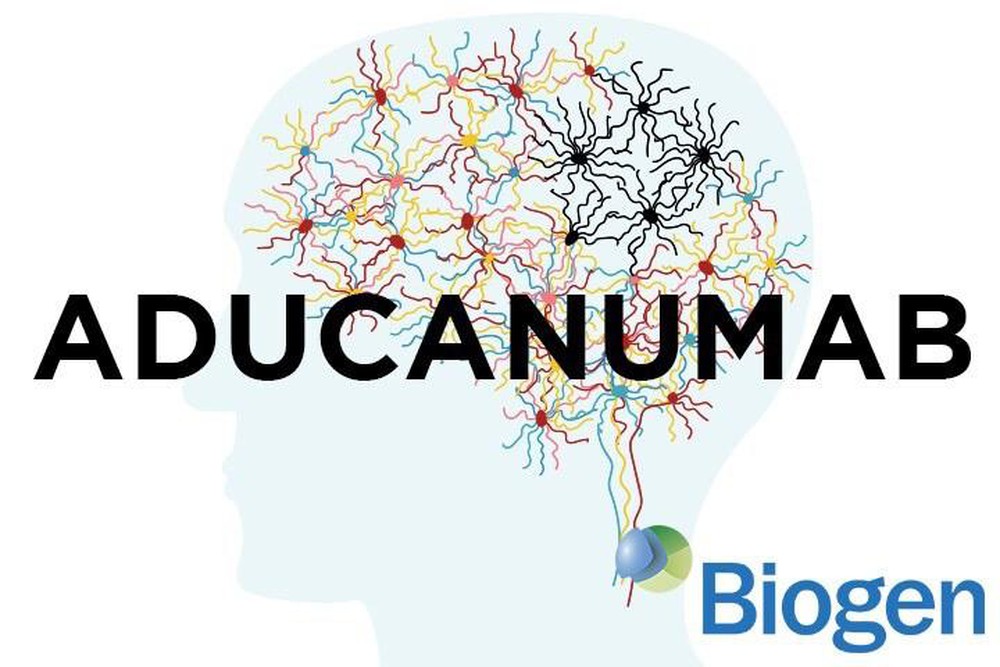“Suffering is always hard to quantify-especially when the pain is caused by something as cruel as Alzheimer’s. Most illnesses attack the body; Alzheimer’s destroys the mind- and in the process, annihilates the very self.”
– Jeff Kluger
02.05.1981
Dear Diary,
As I woke up from my half-zombie “so-called” sleep, I rushed to the office seeing 20 calls on my landline, which could only be my boss. We cracked the deal at last, on which I was burning the night lamp these past few months. Hash! It’s in our pockets now. In all this scramble, I forgot to take my blood pressure medicines today, and for lunch, I hardly managed half a burger, for my appetite was shot in the apprehension of the meeting. The rest of the day was pretty uneventful, with a fun game of tennis with my best buds. Ended the day on a perfect note, Lata had made lip-smacking butter chicken, with some tiramisu for dessert.
11.11.2001
Dear Diary,
People say time slows down after retirement; it does. I spend all my evenings these days in front of the television or just taking a nap. Socialising at the local pub, the tennis court or the golf course does not interest me anymore. Lata keeps complaining about how withdrawn and forgetful I have become. I cannot even blame her for I forgot our anniversary, which has never happened before. I guess age does a number to your mind.
Diary saw less and less of Sharad as years passed by, on the verge of thinking that Sharad had forgotten it, knowing little that Sharad was battling with his mind, struggling to find the right words to communicate with his dear ones, striving to even remember them, with almost all memories washed away. Nothing made him laugh anymore, for he was in a daze he could not break free of; and there were always new faces at home, some helping him move around and feed while some were speaking about things that made no sense to him, and golfing seemed like a languishing dream in the bygone ages; he did not even faintly remember.
The heart-rending diagnosis of Alzheimer’s, although a disease affecting one person, is a lifelong commitment to a roller coaster of emotions for the entire family. Psychologists often refer to the families and caregivers as the invisible second patients as it has a ripple effect that impacts the whole family. So, is there anything we can directly or indirectly do to cut down the risk of developing Alzheimer’s?
Our Food Habits
All of us have heard of the DASH diet for hypertension and the Mediterranean diet for heart health, but is there something in store for brain health as well? Researchers have proven that the “MIND” diet, short for Mediterranean-DASH Intervention for Neurodegenerative Delay, can reduce the risk of developing Alzheimer’s disease up to 53%.
The intervention laid out an essential weekly requirement, strongly advising against fried or fast food, restricting it to less than once a week, adding an extra bowl of vegetables and beans, and a tad bit more of poultry and fish. Moreover, another research listed that sugary snacks, alcohol (except wine), processed meat and starches like potatoes are strongly associated with the risk of developing Alzheimer’s and other forms of dementia later in life.
All those lip-smacking desserts sitting in your fridge go right out, skip the fast-food aisle of your grocery store and instead hunt down the veggies next time your stomach craves. All the food items recommended have one thing in common- Flavonoids. Sounds fancy, and sure is for the brain; it is present in apples, pears, vegetables like spinach and kale, chocolates, tea and wine.
The heart wants what it wants, but the brain should not have to suffer for it, and even though you cannot strictly stick to all of the dozen eating healthy habits, you can considerably reduce the risk even if you target a couple of them.
Sleep– Evolution’s Protection From the Evil Eye

Image Source: Image by Gerd Altmann from Pixabay
Furthermore, the other lifestyle change we must all make, especially in this fast-paced world that starts and ends with the tip of fingers, where office lights twinkle late into the night, is to rejuvenate the forgotten therapy of sleep. Nature favouring the evolution of sleep seems inconceivable yet sublime; doesn’t it know the importance of time, when we could be hustling assiduously, we spend that time in this bizarre coma-like state humankind knows little of, yet is something invigorating beyond imagination?
A research article published in Nature reinforces the perception that sleep indeed is the finest weapon developed against diseases of the mind and the brain. It says that people who sleep for 7 hours have the lowest risk of developing dementia. When was the last time we had a streak of incessant blissful sleep? Another small study showed that losing just one night of sleep increased beta-amyloid protein, associated with impaired brain function and Alzheimer’s disease.
Think of sleep as a detoxification programme by the brain, for the brain, expeditiously clearing off the accumulated protein and think twice before disposing of this flawless system for other “more important” work.
 Finally, yet importantly, any discussion on Alzheimer’s will be incomplete without mentioning the first of its kind, breakthrough drug recently discovered in 2021- Aducanumab. Although there remains some uncertainty about the drug’s clinical benefit, this drug directly targets the pathophysiology of Alzheimer’s- something no other treatment modality has ever witnessed.
Finally, yet importantly, any discussion on Alzheimer’s will be incomplete without mentioning the first of its kind, breakthrough drug recently discovered in 2021- Aducanumab. Although there remains some uncertainty about the drug’s clinical benefit, this drug directly targets the pathophysiology of Alzheimer’s- something no other treatment modality has ever witnessed.
The treatment for Alzheimer’s is urgently needed. But until we stumble on the discovery, the best in our hands is to cut down on the unhealthy habits, which are the modifiable factors we can work on, to reduce the risk of developing a disease that robs our old age from us but more so from our loved ones.
References:
- https://www.nature.com/articles/s41467-021-22354-2
- https://www.mayoclinic.org/diseases-conditions/alzheimers-disease/in-depth/15-simple-diet-tweaks-cut-alzheimers-risk/art-20342112
- https://www.nih.gov/news-events/nih-research-matters/sleep-deprivation-increases-alzheimers-protein
- https://www.fda.gov/drugs/news-events-human-drugs/fdas-decision-approve-new-treatment-alzheimers-disease
- https://www.unicityhealthcare.com/effects-alzheimers-disease-family-members-caregivers/









